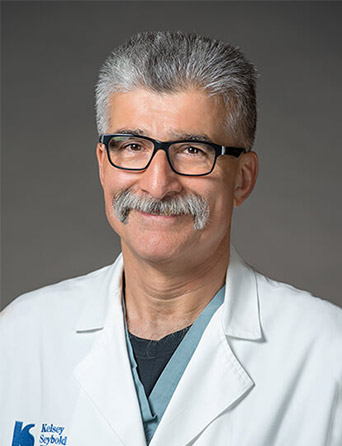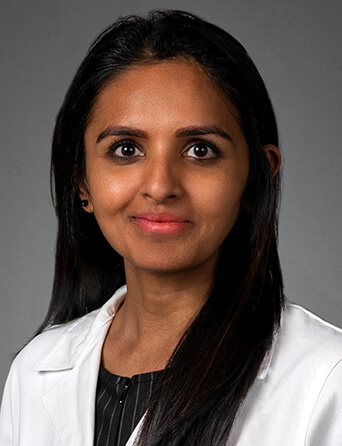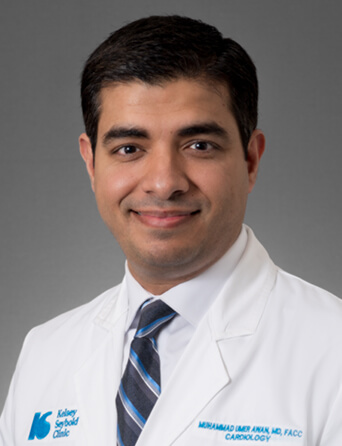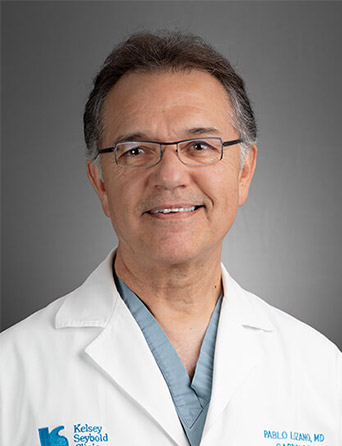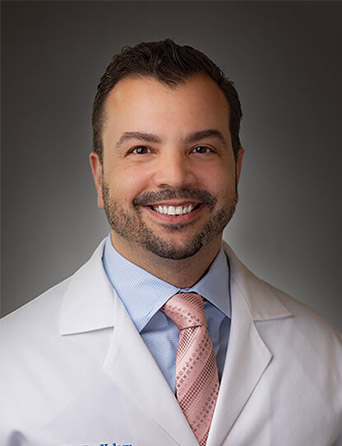Join Our eNewsletter!
Subscribe to our monthly newsletter to receive encouraging advice to help you lead a healthy lifestyle.
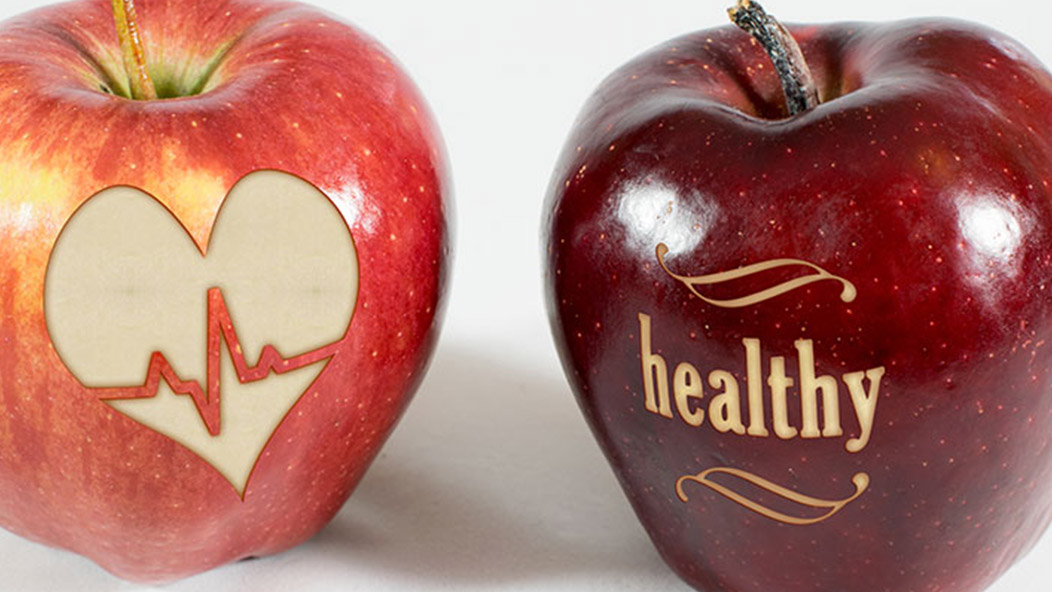
Reduce Risk of Heart Disease
10 time-tested ways to reduce your risk of heart disease
Life is all about choices and risks. For example, if you choose to cross a busy street, you risk getting hit by a car. Looking both ways can reduce that risk, and crossing with the light at the crosswalk will probably reduce that risk even further. Heart disease is similar in some ways.There are lifestyle choices you can make that can substantially reduce your risk for heart disease.
"Heart disease is the number one cause of death among all Americans over the age of 25," says Ali Mortazavi, M.D., Chief of Cardiology at Kelsey-Seybold Clinic. "There are some risk factors for heart disease that you cannot control, such as your age or having a family history of heart disease. However, there are many more risk factors that you can control, and these are the areas to focus on. Making a few key changes in your lifestyle can pay big dividends when it comes to preventing or delaying the onset of heart disease."
Here are the top 10 ways you can reduce your risk of heart disease.
- Diet. Heart-healthy eating involves eating a variety of fruits, vegetables, whole grains and lean proteins, such as low-fat or non-fat dairy products, fish, legumes, poultry and lean meats. Limit or eliminate saturated fats (red meat, fried foods, full-fat dairy), salt and refined sugars.
- Weight. Most people don't have problem figuring out if they are overweight. The usual question is "How much should I weigh?" That's easy. Shoot for a body mass index (BMI) of between 20 and 25.
- Exercise. Do it 30-60 minutes every day or most days. No excuses. Walk, swim, climb stairs, lift weights or play a sport. You can also break it up into 10-minute intervals if you must. Anything is better than sitting on the couch.
- Blood pressure. A good blood pressure is 120/80. If it is consistently higher, the above lifestyle changes can help lower it, but you may also need medication. (See Medical Care below.)
- Cholesterol. As it turns out, not all cholesterol is bad. Some of your cholesterol is good. So lowering the LDL (the bad stuff), raising the HDL (the good stuff), and keeping the triglycerides in check is the name of the game. The simplest way to know your numbers is to get a fasting cholesterol blood test, and go from there.
- Alcohol. In small amounts, alcohol may have some benefits for your heart. If you drink, do so only in moderation, which is defined as two drinks a day for men and one drink a day for women and all adults over 65. (Also, some research suggests red wine is the most beneficial.) However, if you don't drink, don't start.
- Diabetes. If you have diabetes, especially if it's uncontrolled, you have an elevated risk of heart disease. The good news: diabetes is controllable. Better news? Eating right and exercise also helps to control diabetes. Talk to your doctor for more information.
- Smoking. Okay, one guess. Right. Don't do it. Eliminate all tobacco use, including chew or spit tobacco and cigars.
- Stress. Reducing your stress can be a big factor in controlling your risk for heart disease. Do you really dislike your job? Start looking for another one. Are you overcommitted? Learn to say "no," so you can say "yes" to your most important priorities. Exercise can also help lower stress.
- Medical Care. The best source of detailed information about any of these risk factors is your doctor. He or she can tell you if you have a significant risk for heart disease, and offer you more detailed suggestions about how you can reduce your risk for heart disease.
If you think you may be at risk for heart disease, call (713) 442-0427 for an appointment with a Kelsey-Seybold physician.

